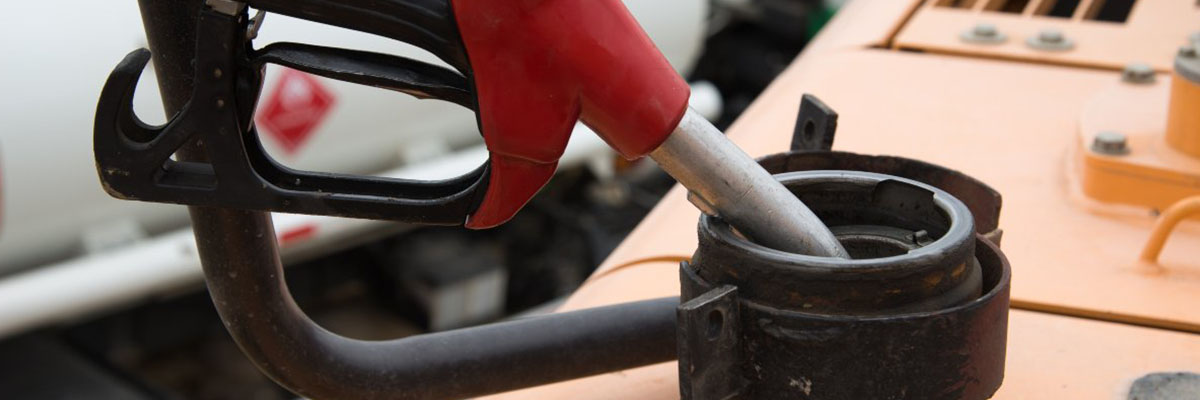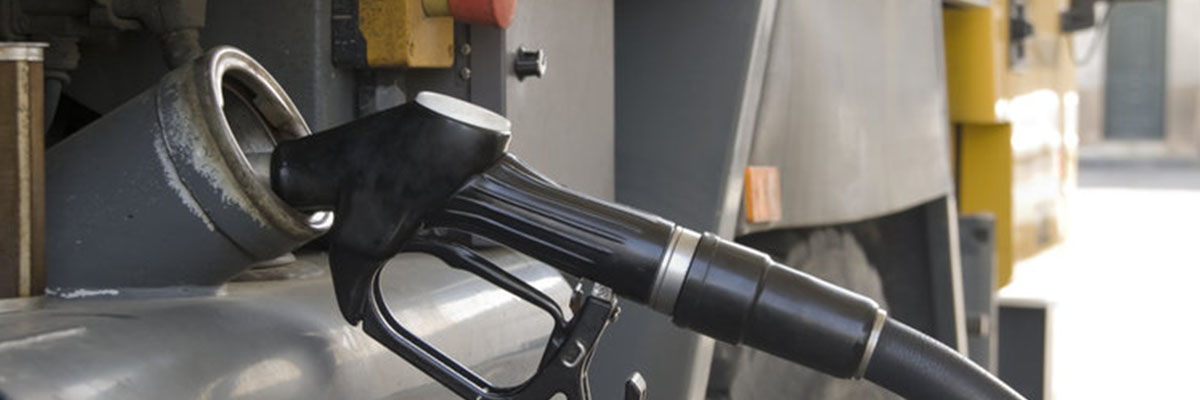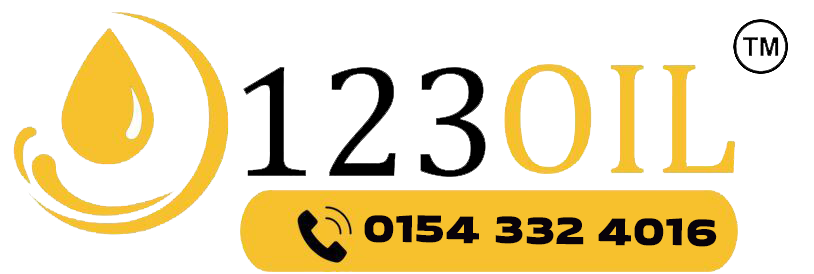What is Red Diesel?
Red diesel is just your standard diesel available as a common fuel all around the United Kingdom and the rest of the world. The same diesel which is used in all diesel engines and which is often called white diesel. The only difference is that a red dye is added to white diesel to identify that it is a rebated fuel and, therefore, a lower tax rate.
Who Can Use Red Diesel?
The allowed and legal usage of red diesel is restricted to industrial purposes such as agriculture, farming, mining, manufacturing, and construction. Typical applications of red diesel include:
- Transportation of off-road machinery, including cranes, tractors, and forklifts.
- Commercial and industrial heating.
- As a fuel for backup generators powering hospitals and data centres.
Is Red Diesel Really Red?
The colour of red diesel is… red. As we mentioned, it’s just your standard diesel blended with a red dye that imparts the fuel its red colour. The purpose is to differentiate it from regular diesel or white diesel. The red dye does not change the chemical or thermal properties of the fuel, but it does stain the internal parts of storage tanks, engines, and fuel lines, which is not harmful in any way. The red colour helps the HMRC (HM Revenue & Customs) enforce laws pertaining to the usage of red diesel and prevent/prosecute its illegal use.

Where Can I Buy Red Diesel From?
You don’t need to buy red diesel unless it is for the above purposes. The fuel is not allowed for public consumption or sale. If you need to buy for any permitted purposes, you will have to contact a specialist fuel company that can sell and distribute red diesel. You can find a list of these suppliers on the internet.
How Much Does Red Diesel Cost?
Red or white diesel prices of petroleum products keep changing because of national and international benchmarks. You may have to call a dedicated supplier to get the prevailing price. However, one thing is for sure. It would be lower than the price of white diesel.
Is Using Red Diesel Illegal?
In itself, red diesel is a fuel just like any other fuel. However, its usage is restricted to industrial and public activities. There are some exceptions, though. Off-road vehicles can use fuel on public roads under certain conditions, which are strict. For instance, red diesel can be used on public roads for gritting them. You can use red diesel in your machinery and off-road vehicles if your industry falls into the eligible category. The eligibility criteria became even more strict during 2002 as the British Government, and the EU moved towards more environmentally friendly policies. In 2020, the UK announced that new legislation pertaining to red diesel would be announced on April 2022. The primary purpose is to minimise harmful emissions to tackle ever-increasing pollution. Many previously eligible industries have now been restricted from using red diesel, and you may want to check yours.

Are There Any Other Names for Red Diesel?
Generator diesel, cherry red, farm diesel, agricultural diesel, and tractor diesel are some of the names alternatively used for red diesel. Red diesel’s original name was gas oil, and some people still use the same.
Why Does Red Diesel Cost Less Than White Road Diesel?
Red diesel has lower duties and, therefore, lower cost, which is why it is cheaper than white diesel. The purpose of keeping the duty low was to support industrial and public sectors with high diesel consumption. However, the policy has gone from incredibly lenient in the past to considerably strict in recent years.
Do People Need a Licence to Buy Red Diesel?
There are no particular licenses required by either suppliers or users of red diesel. Purchasers of red diesel must have signed the RCDO (Registered dealers in controlled oil) form. Supplying companies should be registered with the HMRC, including suppliers of red diesel, kerosene, bio blend, and aviation fuel. Fuel suppliers must also ensure that they supply red diesel only to eligible customers.
Which Engines Can Run on Red Diesel?
As red and white diesel are the same, any generator, machine, or vehicle with a diesel engine can run on red diesel. However, as mentioned before, any vehicle running on a public road cannot use red diesel.

Is Red Diesel Illegal to Use on Public Roads?
Vehicles running on red diesel are not allowed to be driven on public roads unless it is for delivering a public service such as gritting. Even then, the only permitted vehicles are those which have been specially built for gritting. Any violation can result in heavy fines. Farmers can use red diesel for travelling between agricultural lands which they own. They can also use their tractors for gritting roads.
Will Using Red Diesel Damage My Car?
Only those fuels should be used in any engine for which the engine has been built. Diesel engines should be powered by diesel and petrol engines by petrol.
Is the Red Dye Removable?
Yes, it is, but removing it is considered illegal and is categorised as fuel laundering. Such activities can land you in legal trouble.
Does the EU have Different Laws for Red Diesel?
- Article 8 (1) of Directive 92/81/EEC requires EU Members to provide an exemption to certain oil uses from regular excise duty. These include fuels not used for heating or motor fuels and those used by shops in community waters(except blast furnace fuels and pleasure crafts).
- Article 8(2) of Directive 92/81/EEC permits the EU Member States to give exemptions or apply reduced rates to electricity production, dredging, fisheries, horticulture, ship production, aircraft production, passenger transport, and many more.
- Article 8(3) of Directive 92/81/EEC allows EU Member States to excise relaxations on gas oil for public works vehicles such as construction, roadways, etc.
History of Red Diesel
- 1921 – Customs Duty was charged on imported motor spirits till 1921, which was then abolished and replaced by vehicle license & excise duty. Fire engines, road rollers, and ambulances were exempt.
- 1934 – Exemptions were given to cleaning vehicles ( road & gully), and off-road vehicles duty was reduced.
- 1935 –Road vehicles were barred from using rebated fuels.
- Rail transport and off-road vehicle usage were promoted by offering subsidised rates.
- Categories introduced for legal use.
- 1947 – Industrial vehicles, such as tractors, cranes, etc., were given a reduction in excise duties.
- 1950 – The eligibility was extended to off-road vehicles operating near farms or in woodlands.
- 1952 – clear legislation was introduced to make sure that no off-road vehicles except those already stated in policy were to be allowed rebates.
- 1959 – Further extension in the list of eligible vehicles. The marking of fuel was started to be identified as rebated fuel.
- 1961 – Red dye and other chemical markers were introduced and were made a requirement for identifying rebated fuel. This was followed by an expansion in the vehicle exemption list.










